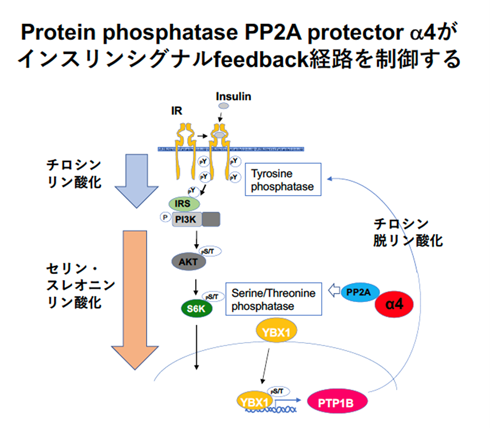- HOME
- Departments
- Integrated Medical and Pharmaceutical Sciences
- Neuroscience for Metabolic Control
Neuroscience for Metabolic Control
- Division
- Integrated Medical and Pharmaceutical Sciences
- Great Departments
- Metabolic and Cardiovascular Medicine
Staff
| Associate Professor | TODA Chitoku toda-c(at mark)kumamoto-u.ac.jp |
|---|---|
| Assistant Professor | ABE Takashi t_abe(at mark)kumamoto-u.ac.jp |
Research theme
The brain plays an important role in maintaining energy homeostasis in the body. For body weight control, the brain determines the balance between appetite and energy expenditure such as heat production, so it is not usual to increase or decrease body weight by more than 5 kg in a few days. The same is true for blood glucose levels. Sensors in the brain called glucose-sensing neurons monitor an increase and decrease in blood glucose levels and regulate glucose production from the liver and glucose uptake in muscles to keep blood glucose levels within normal ranges. Hormones secreted from peripheral tissues, changes in the concentration of nutrients in the blood, and ascending neurotransmissions such as the vagus nerve are all integrated with the brain to achieve this precise control. However, abnormalities in the homeostatic system in the brain lead to the development of obesity and diabetes. Our laboratory is conducting basic research on these brain mechanisms, neural circuits, and mechanisms of disruption, to develop new therapy for diabetes.


